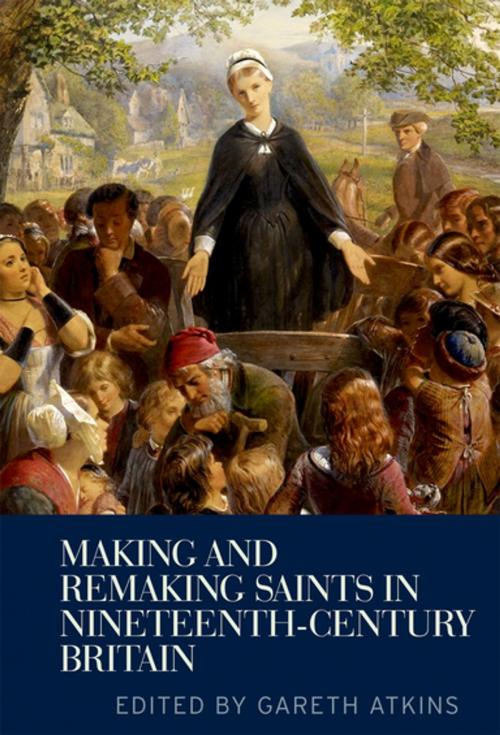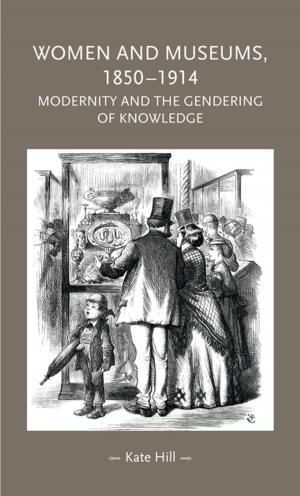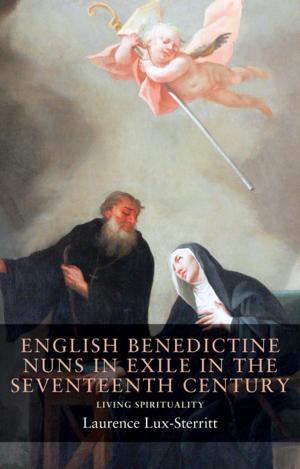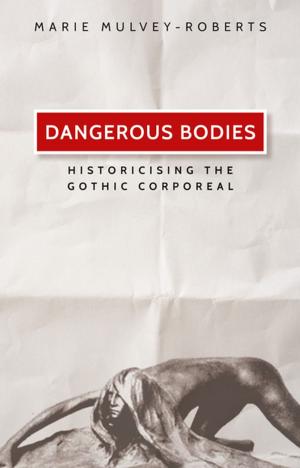Making and Remaking Saints in Nineteenth-Century Britain
Nonfiction, Religion & Spirituality, Christianity, Church, Church History, History, British| Author: | Gareth Atkins | ISBN: | 9781526100238 |
| Publisher: | Manchester University Press | Publication: | August 1, 2016 |
| Imprint: | Manchester University Press | Language: | English |
| Author: | Gareth Atkins |
| ISBN: | 9781526100238 |
| Publisher: | Manchester University Press |
| Publication: | August 1, 2016 |
| Imprint: | Manchester University Press |
| Language: | English |
This book examines the place of 'saints' and sanctity in a self-consciously modern age, and argues that Protestants were as fascinated by such figures as Catholics were. Long after the mechanisms of canonisation had disappeared, people continued not only to engage with the saints of the past but continued to make their own saints in all but name. Just as strikingly, it claims that devotional practices and language were not the property of orthodox Christians alone. Making and remaking saints in the nineteenth-century Britain explores for the first time how sainthood remained significant in this period both as an enduring institution and as a metaphor that could be transposed into unexpected contexts. Each of the chapters in this volume focuses on the reception of a particular individual or group, and together they will appeal to not only historians of religion, but those concerned with material culture, the cult of history, and with the reshaping of British identities in an age of faith and doubt.
This book examines the place of 'saints' and sanctity in a self-consciously modern age, and argues that Protestants were as fascinated by such figures as Catholics were. Long after the mechanisms of canonisation had disappeared, people continued not only to engage with the saints of the past but continued to make their own saints in all but name. Just as strikingly, it claims that devotional practices and language were not the property of orthodox Christians alone. Making and remaking saints in the nineteenth-century Britain explores for the first time how sainthood remained significant in this period both as an enduring institution and as a metaphor that could be transposed into unexpected contexts. Each of the chapters in this volume focuses on the reception of a particular individual or group, and together they will appeal to not only historians of religion, but those concerned with material culture, the cult of history, and with the reshaping of British identities in an age of faith and doubt.















